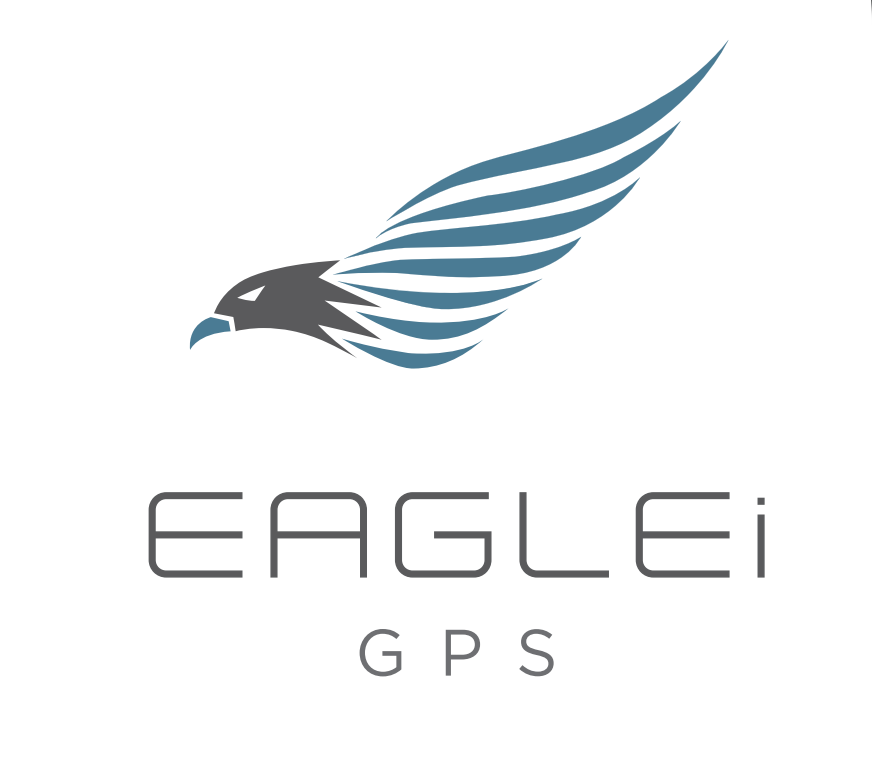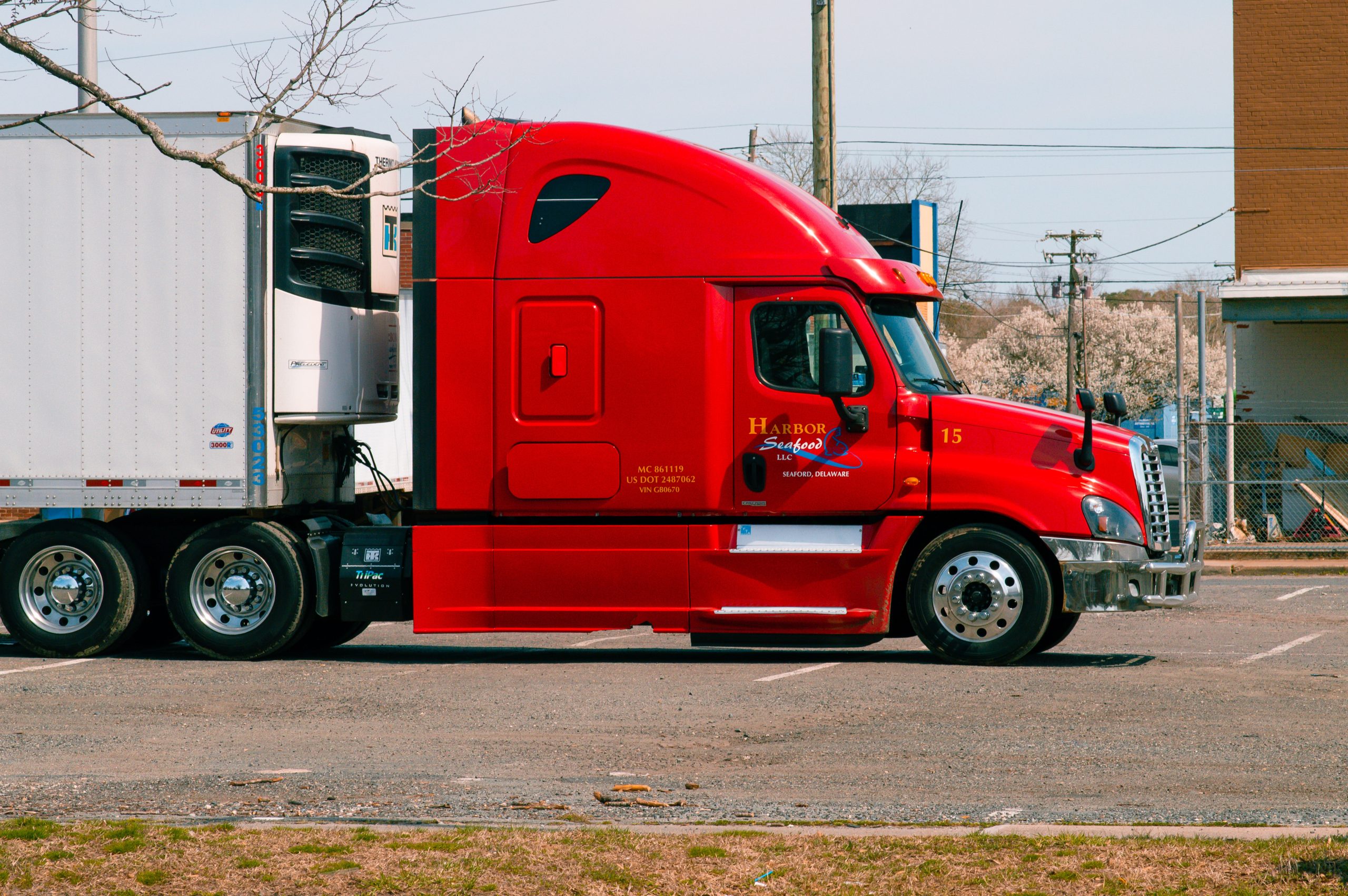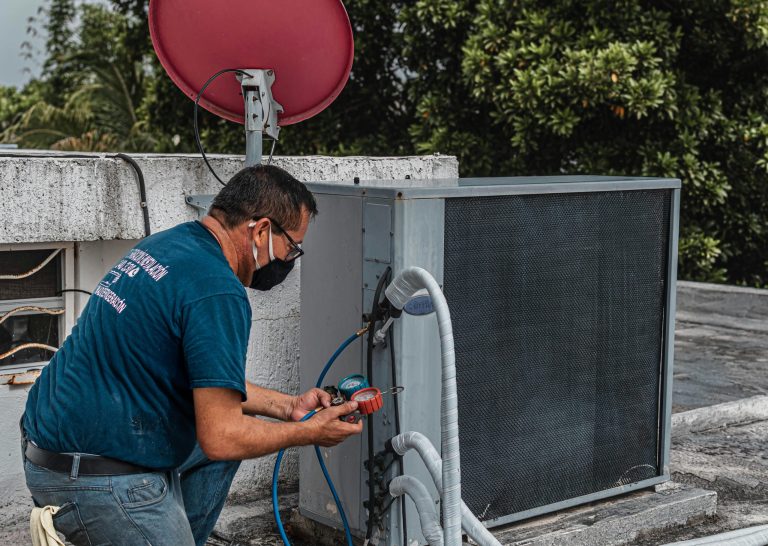Cost Analysis: Investing in GPS Trailer Tracking Systems
In the realm of fleet management, the decision to invest in GPS trailer tracking systems is as much a financial decision as it is operational. This blog post aims to break down the costs involved in implementing GPS tracking, analyze the return on investment (ROI), and compare different systems to help businesses make informed decisions.
Understanding the Costs
Implementing a GPS trailer tracking system involves several types of costs that businesses need to consider.
Initial Investment
- Hardware Costs: The price of the GPS tracking devices themselves, which can vary based on features and capabilities.
- Installation Costs: Expenses related to installing the devices, especially for wired systems that may require professional installation.
Ongoing Expenses
- Subscription Fees: Most GPS tracking systems require a monthly or annual subscription to access the tracking services.
- Maintenance Costs: Regular maintenance of the devices, including battery replacements for non-wired trackers.
Calculating the Return on Investment (ROI)
To understand the true value of investing in GPS trailer tracking systems, it’s important to calculate the potential ROI.
Increased Efficiency
- Fuel Savings: Optimized routes and reduced idling can lead to significant fuel cost reductions.
- Improved Asset Utilization: Enhanced tracking leads to better utilization of trailers, potentially reducing the need to purchase additional units.
Security and Recovery
- Theft Prevention: The deterrent effect of GPS tracking can lead to lower insurance premiums.
- Recovery of Stolen Assets: The ability to quickly locate and recover stolen trailers saves costs associated with asset loss.
Compliance and Reporting
- Reduced Fines: Compliance with regulatory requirements can avoid costly fines and penalties.
- Efficient Reporting: Automated reporting saves time and resources in fleet management.
Comparing Different Systems
When considering the investment in a GPS trailer tracking system, comparing the features and costs of different options is crucial.
Wired vs. Battery-Powered vs. Solar-Powered Systems
- Wired Systems: Generally more reliable but involve higher installation costs.
- Battery-Powered Systems: Offer flexibility with lower initial costs but require ongoing battery replacement.
- Solar-Powered Systems: Higher upfront costs but potentially lower maintenance expenses.
Standard vs. Advanced Feature Systems
- Standard Systems: Less expensive but limited in features.
- Advanced Systems: Higher cost with more features like real-time tracking and geofencing, offering greater long-term benefits.
Conclusion
Investing in GPS trailer tracking systems requires a careful analysis of costs versus benefits. While there are upfront and ongoing expenses, the efficiency gains, enhanced security, and compliance benefits often result in a positive ROI. By comparing different systems and aligning them with business needs, organizations can make a cost-effective investment that pays dividends in the long run.
FAQs
- How quickly can a business expect to see a return on investment in GPS tracking systems?
The timeframe for ROI can vary, but many businesses start seeing benefits within the first year of implementation. - Are there any hidden costs to be aware of when investing in GPS tracking systems?
While not exactly hidden, costs like network data fees or additional feature subscriptions should be factored into the overall investment. - Can small businesses afford GPS trailer tracking systems?
Yes, with a range of options available, small businesses can find cost-effective solutions that match their scale and budget.






